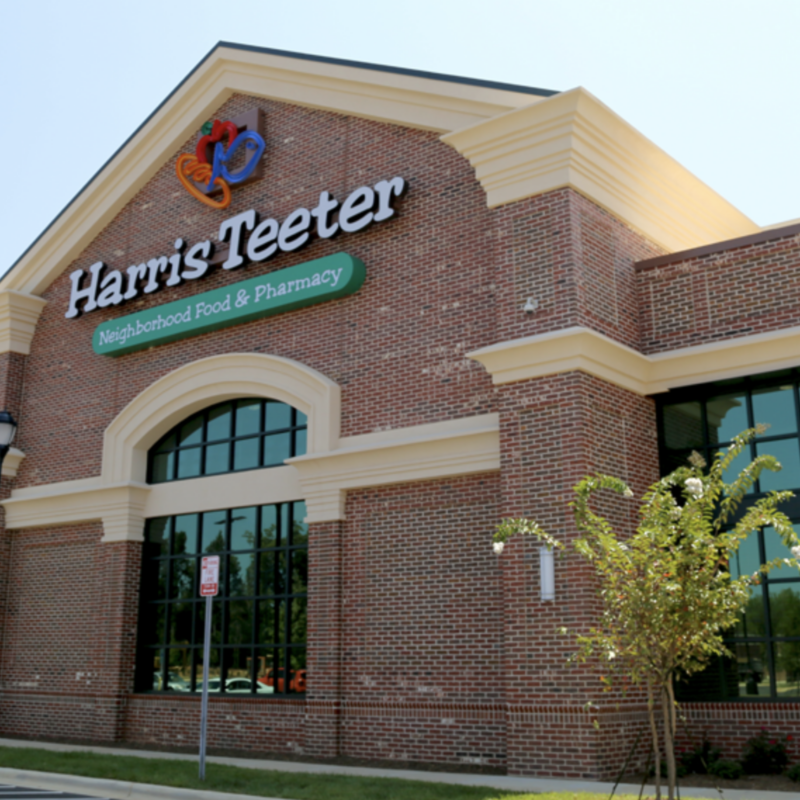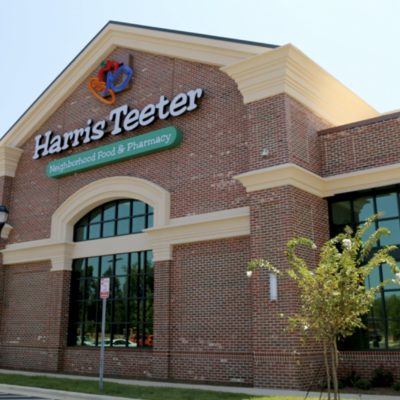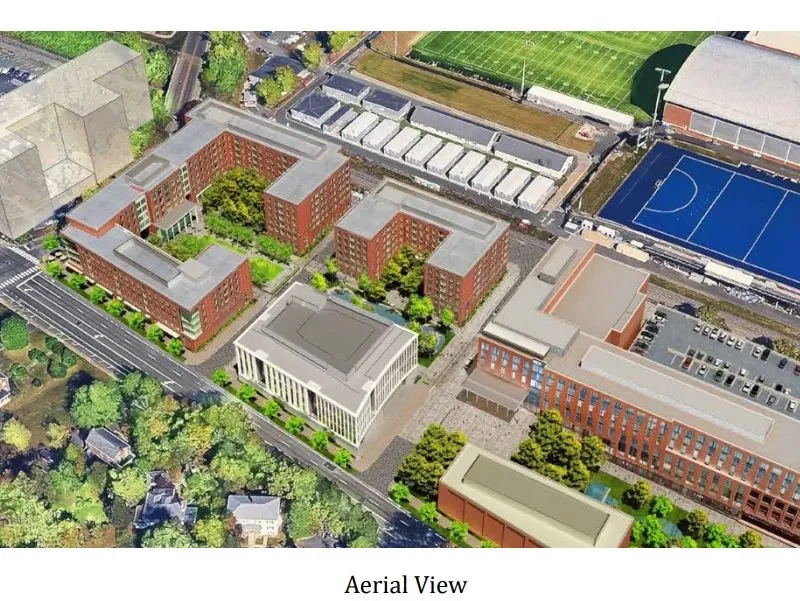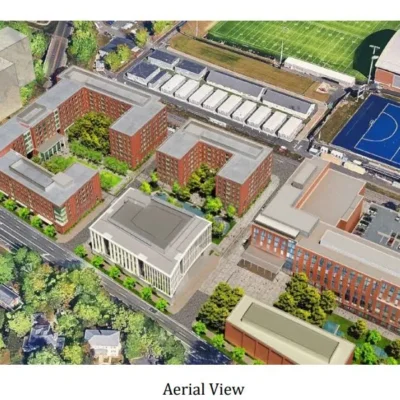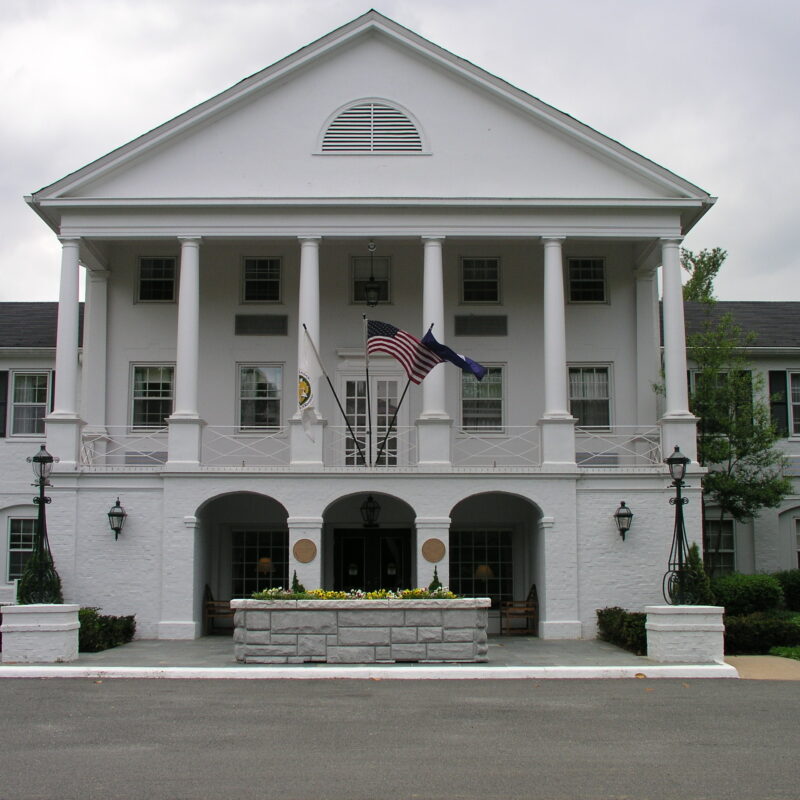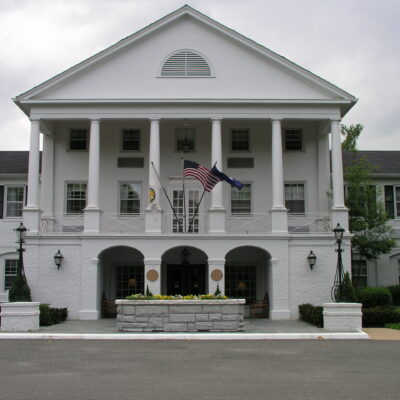The first 17 rings commemorated the victims of mass shootings that have occurred since Sandy Hook. The 18th commemorated the 611 other mass shootings that have taken place on U.S. soil.
Approximately 30 people gathered on the Downtown Mall for the 10th annual vigil to remember those harmed by gun violence. The first vigil was meant to honor the 27 victims of the shooting at Sandy Hook Elementary School. Now, it honors the thousands of people killed in mass shootings since.
Members of the Charlottesville Coalition for Gun Violence Prevention organized the vigil and addressed the crowd gathered. Calls to action followed the collective reflection. Members of the group urged participants to email their legislators to support common sense gun control legislation.
“We are Americans,” chanted participants.
Within 10 days, Gov. Glenn Youngkin’s heart supposedly broke—twice.
On November 13, 2022, an act of gun violence left three bright stars at the University of Virginia dead, two others wounded, and a community in mourning. Just nine days later, a man shot and killed six people and injured several others at a Walmart in Chesapeake before killing himself.
The people of the commonwealth turned to their governor to ask if he would do anything to change state gun laws, to prevent such acts of violence from hurting them and their community members again. His response? “Today’s not the time.”
“It is really a moment to reflect on the state of mind of the nation and Virginia and this mental health crisis we know we are in the middle of,” Youngkin told reporters during a Thanksgiving ceremony, “and to work together to chart a path forward to address it.”
The governor is right: We do have a mental health crisis on our hands. We also have a gun violence crisis, yet he has refused to confront it. According to the gun violence prevention organization Everytown, 1,065 people die by guns in an average year in Virginia.
Bob McAdams, who leads the Charlottesville Center for Peace and Justice, characterized Youngkin’s comments as a “delaying tactic” used to avoid talking about meaningful action. “Mental health problems afflict people in every country,” McAdams said, “but mass shootings are a uniquely American problem caused by the ready availability of guns.”
Between 2018 and 2021, emergency room visits for gun-related injuries in Virginia increased by 72 percent. Black patients, and Black men in particular, are disproportionately represented: The rate of emergency room visits for Black Virginians is nearly triple that of white Virginians. Young adults aged 18-24 have some of the highest rates of gun-related injuries.
The University of Virginia has engaged in comforting acts of togetherness in response to a difficult period of devastating loss. Students planned memorial runs that were replicated across the country. Vigils were held and flowers were placed around Grounds in honor of the three young men killed. Community organizations shared meals and enjoyed each other’s company as they grieved.
Nomi Dave, associate professor and director of graduate studies and co-director of the Sound Justice Lab at UVA, has been working on gun violence prevention in the Charlottesville community since 2017. Dave believes that Youngkin’s comment “ignores the very real impact of guns that all members of our society are constantly living with.”
“Recent research shows that guns are now the leading cause of death for children and young people in the United States—more than motor vehicles or cancer,” Dave says. “But research also shows that states with strong protections against gun violence have lower rates of gun-related deaths.”
Vivian Wermers leads UVA’s chapter of Students Demand Action, and says she’s tired of Youngkin’s “excuse,” which she hears from too many politicians who “prevent meaningful change from ever taking place.”
When asked how the Charlottesville community should respond to Youngkin’s refusal to talk about guns, Nicole Hockley, co-founder and CEO of Sandy Hook Promise said, “It is important to allow space to grieve and remember the precious lives taken after a tragedy. But when it comes to gun violence, there is no time to spare. Elected officials have a responsibility to do everything they can to protect our communities.”
Hockley, whose son Dylan was killed during the shooting at Sandy Hook, said that while it is important to hold our elected officials accountable, we all have a role to play in prevention. “That includes understanding what the warning signs are and how to get help when seeing them, as well as having conversations about what safe gun ownership looks like for your community and voting for your values in election cycles.”
State Senator Creigh Deeds believes that blaming mental illness does nothing to solve the problem posed by guns. “Now is not the time to avoid talking about guns. It’s easy to blame mental health issues whenever a tragedy occurs, but the truth is people experiencing mental illness are much more likely to be victims of crime than perpetrators.”
Students at UVA can attest to the toll that living through a shooting has taken on their mental health. “I’m tired of seeing life filled with joy and potential being taken away and I’m so tired of wondering if I’m next,” second-year Eddy says.

